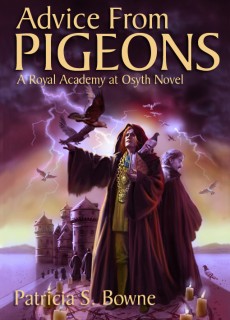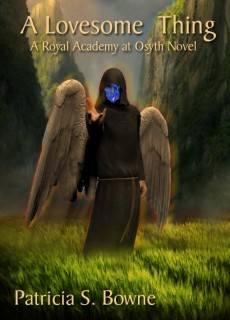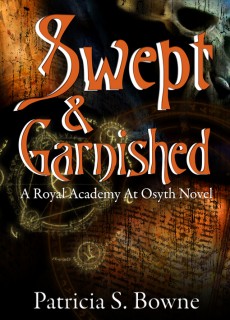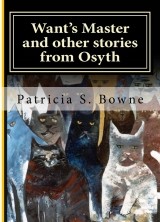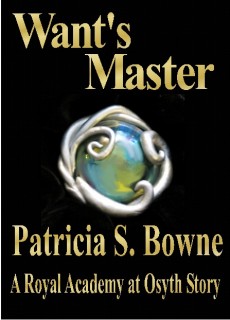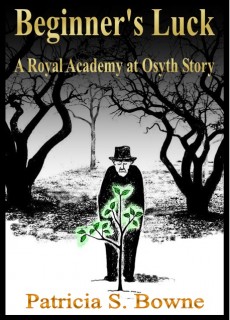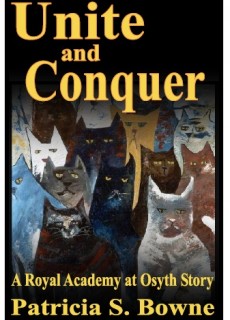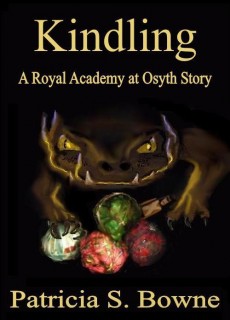Today’s #feministSF twitter chat got me thinking about Victorian ethics. We were discussing girls’ books, and since the most recent girls’ book I read was the one which prompted this rant about Persecuted Witches, it sprang to my mind. As did my favorite fantasy books from childhood, which were mainly Victorian books with the exact same self-sacrificing ethics that now drives me snake in modern fantasy.
So, I thought to myself, What is your issue?
I’ve decided that it’s a transplanted ethics issue. Say what you like about bona fide Victorian novels, they were grounded. Their ethics were grounded in Christianity. Whether you like Christianity or not, there it was as a set of framing assumptions, and nobody could really understand a Victorian novel without knowing those assumptions. The ethics of the Victorian childrens’ story usually either builds on or reacts against Christianity.
When a real Victorian girl is advised to sacrifice herself, therefore, the reader can see the promised reward that lies behind the sacrifice. When the author claims that virtue will be rewarded and good girls will prevail, we know that author is invoking the idea of a god who will make this happen. We can either buy into this or view it as a historical curiosity, but it’s internally consistent.
But nowadays, girls’ fantasy isn’t christian. It isn’t appealing to a shared religion based on sacrifice and rewards after death; but it has retained the morals of an era that did. Making up new, fantastic worlds is a huge part of modern fantasy. Yet when it comes to making up ethics for the girls who inhabit them, too often we reflexively fall back on Victorian self-sacrifice, without having built any support structure for it into our new worlds.
The more I think of this, the more I see it as an intrinsic weakness in the fantasy project. When I read a fantasy, especially one aimed at girls, I want to see a heroine I can like, in a new and intriguing setting. Yet a lot of fantasy settings, if followed to their logical conclusions, would dictate that heroines behave in ways I don’t like. And while I might like a heroine who insisted on being victorian-virtuous despite the fact that it accomplished nothing for people who did it in her culture, she looks awfully stupid — even if, to provide the happy ending, she’s rewarded for her self-sacrifice at the last minute.
Well, perhaps I’m taking this too seriously. It’s childrens’ lit, after all. It’s meant to be read by people at the age when they like rules for their own sake. None of the kids I used to take on nature walks wanted me to explain the adaptive fitness of staying on the trail, or following ten paces behind the previous child. Their criteria for the believability of the heroine’s ultimate reward are not mine. But once again, Victorian novels have spoiled me. Because say what you will about the era’s hypocrisy, they preached the same code of ethics for girls that they preached for women, with the same justification. When someone was rewarded for self-sacrifice in a Victorian novel, you could see every piece fall into place according to the rules that had been laid out all along. It felt inevitable.
It’s unlikely that childrens’ fantasy authors will ever create a new, original moral universe to match the edifice of Victorian christianity. But what an example to aspire to! How can the end of a story seem both surprising, novel, and inevitable — absent a gigantic shared mythos?

